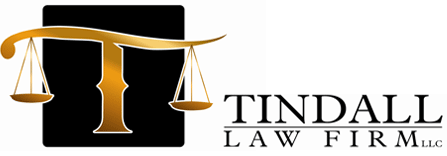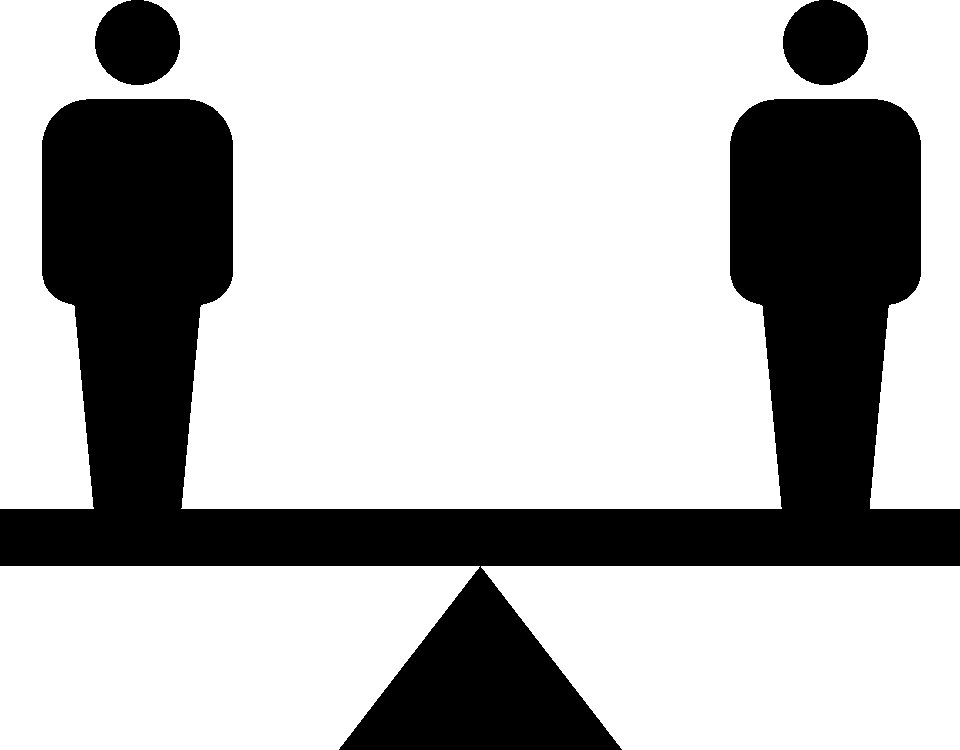Understanding Duty of Care in Connecticut
A Tradition of Excellence
 Sampling of Successful Case Resolutions
Sampling of Successful Case Resolutions
 Read our answers to some frequently asked questions.
Read our answers to some frequently asked questions.
Statement
 View Our Mission Statement
View Our Mission Statement

Understanding Comparative Negligence in Connecticut
August 5, 2025
Understanding Emotional Damages in Injury Cases
September 23, 2025Understanding Duty of Care in Connecticut: What It Means for Your Injury Case
If you’ve been injured due to someone else’s negligence, one of the first legal concepts your case will likely involve is “duty of care.” Whether the injury occurred in a car accident, a slip and fall, or on someone’s property, understanding duty of care is essential to knowing whether you have a valid personal injury claim.
At Tindall Law Firm, LLC, we believe in empowering our clients with the knowledge they need to make informed decisions. In this article, we’ll explain what duty of care means, how it applies under Connecticut law, and what role it plays in determining liability.
What Is Duty of Care?
Duty of care refers to the legal responsibility one person or entity has to avoid causing harm to another. It’s a fundamental element of negligence law and forms the basis for most personal injury claims.
In simpler terms, it means a person or business must act in a way that a reasonably careful person would act in the same situation. When someone fails to meet this standard—and someone else is injured as a result—they may be held legally liable.
How Duty of Care Applies in Different Situations
In Connecticut, the duty of care can vary depending on the circumstances. Here are a few common examples:
1. Motor Vehicle Accidents
All drivers have a duty to obey traffic laws, stay alert, and operate their vehicles safely. If a driver speeds, texts while driving, or runs a red light and causes an accident, they’ve likely breached their duty of care.
2. Premises Liability (Slip and Fall Cases)
Property owners are responsible for maintaining safe conditions for people who visit their property. Failing to clear ice from a walkway, clean up a spill, or fix a broken stair could be a breach of duty.
3. Medical Malpractice
Doctors, nurses, and other healthcare providers have a duty to follow accepted medical standards. If they fail to diagnose a condition, prescribe the wrong medication, or make a surgical error, that may constitute a breach of the duty of care owed to the patient.
4. Workplace Safety
Employers must take reasonable steps to provide a safe working environment. This includes training, supervision, and proper safety equipment. Failing to do so can put employees at serious risk.
Proving a Breach of Duty
To succeed in a personal injury claim, it’s not enough to show that someone owed you a duty of care—you must also prove that they breached that duty and that their actions directly caused your injury.
This usually involves gathering evidence such as:
- Accident reports
- Photos or video footage
- Eyewitness accounts
- Expert testimony
- Medical records
At Tindall Law Firm, LLC we conduct a thorough investigation of every case to establish liability and demonstrate how the other party failed to meet their legal obligations.
What Happens if Multiple People Share Fault?
Connecticut follows a modified comparative negligence rule. If you are partially at fault for your injury, you can still recover compensation as long as you are not more than 50% at fault. However, your compensation will be reduced by your percentage of fault.
For example, if you’re found 30% at fault and awarded $100,000 in damages, you would receive $70,000.
We work hard to reduce any blame placed on you and ensure the full extent of your injuries and losses are accounted for.
Why Duty of Care Matters
Understanding duty of care helps explain who is legally responsible when someone gets hurt—and why. If someone breached a duty they owed you, they can be held financially accountable for your injuries. That includes medical bills, lost wages, pain and suffering, and more.
Contact Tindall Law Firm, LLC for Help
If you’ve been injured and think someone else’s carelessness was to blame, don’t wait. The sooner you speak with a qualified personal injury attorney, the sooner you can understand your rights—and start building your case.
At Tindall Law Firm, LLC, we’ve helped countless clients throughout Connecticut hold negligent parties accountable. Let us help you understand if a duty of care was breached in your situation and what compensation you may be entitled to.
📞 Contact us today for a free consultation. We’re here to stand up for you.










